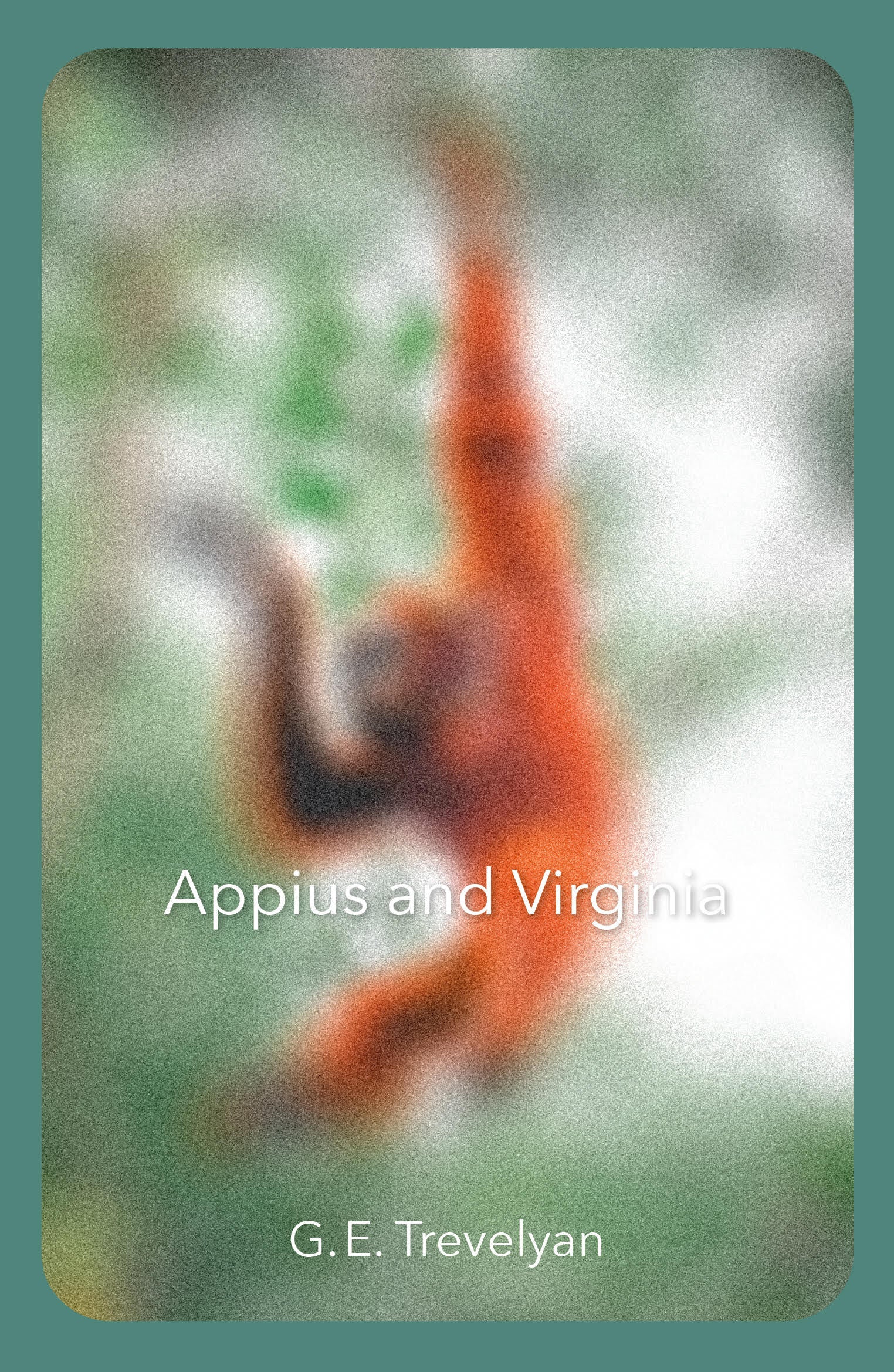Eye Books is a small, independent publisher championing extraordinary stories and overlooked voices since 1996. We publish bold fiction and non-fiction, work closely with our authors, and take pride in bringing unique books to adventurous readers.


A rediscovered work by a lost novelist from the 1930s
‘One of the most inventive novelists of her generation’ TLS
Virginia Hutton embarks upon an experiment. She will take an ape and raise it as a human child.
She purchases an infant orangutan and names him Appius. She clothes him, feeds him, and puts him to bed in a cot every night. As Appius grows older, she teaches him to dress himself, to speak, to read, to stand and walk up straight, to eat his meals at the dining table with a knife and fork. She teaches him how to be human.
The young orangutan is not always a willing student. His relationship with Virginia becomes fraught and flits between that of mother and child, teacher and student, scientist and experiment. But as Appius gains knowledge he moves ever closer to the one discovery Virginia does not want him to make: that of his true origins.
Appius and Virginia explores the ongoing conflict between nature and nurture. It is also a chilling and unforgettable portrait of loneliness.
GE Trevelyan wrote eight groundbreaking novels between 1932 and 1941 but her writing career was tragically cut short when her flat was hit by a German bomb during the Blitz. She died shortly afterwards and her books have subsequently been largely forgotten. This publication, the first reissue of any of her books since her death, seeks to restore the author to her rightful place in British literature.
‘A tale of extraordinary creative achievement, both dark and poignant, full of ideas that burst, like fireworks, inside the reader’s mind. With [Trevelyan’s] death, one of the most inventive novelists of her generation was lost for decades; this is a long-overdue return’ TLS
‘Bold, brilliant and still utterly shocking’ Nikki Marmery
‘An intense modern fairy tale which reminds me at times of both Muriel Spark and Angela Carter. When Trevelyan is on form she’s amazing’ Miranda Emmerson
‘This story of the longing for love, acceptance and purpose seems especially vital at a time when our misuse and misunderstanding of the natural world has brought us to our current climate crisis’ Bernadette Russell
UK postage is free if you spend £20 or more
